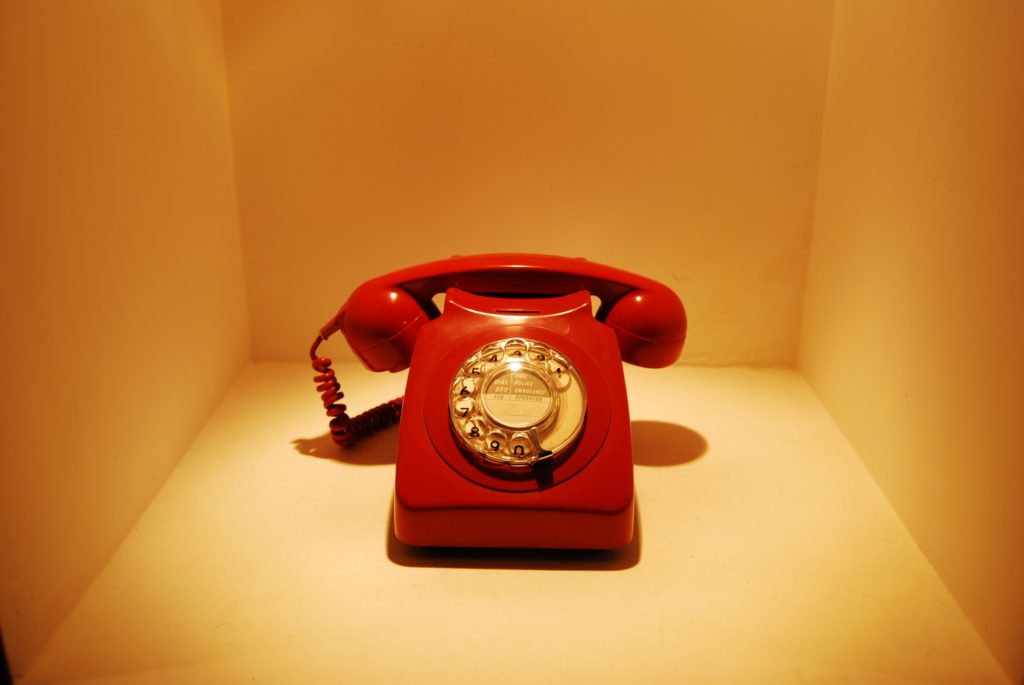The Peninsula
Why Isn’t Kim Jong-un Answering Seoul’s Phone Calls?

By Mark Tokola
Put yourself in Kim Jong-un’s shoes. The United States is increasing pressure on your regime through sanctions and diplomatic moves but you’re not ready to engage with the U.S. because you haven’t finished your missile and nuclear weapons testing and development. Relations with your traditional ally, China, are awful because Beijing also wants you to stop your weapons development and you wouldn’t want too close an embrace from China in any case. You want to maintain your independence. What can you do?
One obvious step would be to buy time for your weapons program by driving a wedge between your two enemies, the United States and the Republic of Korea. The United States is taking a harder and harder line. On the other hand, you have a new President in South Korea, Moon Jae-in, who has talked repeatedly about the need to engage to find a peaceful solution. Why didn’t Kim Jong-un take up earlier suggestions to reopen the Kaesong Industrial Complex, or even better, invite Moon Jae-in to Pyongyang for a summit meeting? Washington likely would disapprove of South Korea accepting either offer, creating a useful (from your point of view) gap between President Trump and President Moon. If you are Kim Jong-un, why aren’t you doing that?
It’s always an intellectual challenge to try to figure out why something is not happening. There are many possible reasons why Kim Jong-un is snubbing President Moon’s attempts to engage him, but here are four likely ones:
1) North Korea has always wanted to negotiate with the United States rather than with South Korea, which it has called an illegitimate, puppet state. Traditional U.S. policy has been to insist that North Korea talk with South Korea. Now, however, to all appearances, President Trump and Kim Jong-un are directly engaging through public statements referring to each other by name (or insult). Responding to Moon Jae-in is not necessary. The U.S.-North Korea communications channel is open through the media. That’s an accomplishment from which Kim may not want to detract.
2) Responding to Moon Jae-in’s overtures may be a card worth holding for later. Earlier sanctions have not yet had time to seriously damage the North Korean economy and North Korea may have trouble predicting what the next round of sanctions may look like or understanding what effect they may have. Playing the “outreach card” too soon would be unwise because it might not have a lasting effect. The U.S.-ROK alliance may be able to work through any policy disagreement created by North Korea. Save the engagement play for when it would have maximum, useful effect.
3) An engagement project may be too much to handle for a Pyongyang government apparatus that is already simultaneously threatening the U.S. and Japan; trying to hold onto ties with smaller, third countries with which it has had traditional economic relations; and looking for ways to get around sanctions. Engaging with Seoul might be bureaucratically too hard for the moment.
4) Engaging South Korea could backfire on the North. Seoul would make demands as well as offers and it could be embarrassing to Kim Jong-un if he was unable to make a deal with Moon Jae-in. He looks stronger threatening global apocalypse than he would if he was unable to come to terms on reunions of divided Korean families or other engagement projects.
When and if Kim Jong-un decides to engage South Korea, the best way to thwart his desire to divide the alliance would be for Washington and Seoul to agree between themselves that there actually is nothing wrong with North-South talks or even the possibility of some North-South cooperation so long as it does not relieve the pressure on Pyongyang to halt its testing program.
There are topics Pyongyang and Seoul could usefully address, such as reunions of divided families or perhaps to help control the spread of contagious disease in North Korea, which would serve humanitarian purposes while not serving Kim Jong-un’s strategic ambitions. The U.S. has long urged North Korea to engage the South Korean administration. The U.S. should remember that and not instantly consider any potential North-South talks as appeasement. Cutting Seoul some slack to deal with North Korea, should North Korea show any interest in doing so, might be the best way to keep the alliance strong and could even create a useful opening for eventual denuclearization negotiations with Pyongyang.
Mark Tokola is the Vice President of the Korea Economic Institute of America. The views expressed here are his own.
Photo from Ant and Carrie Coleman’s photostream on flickr Creative Commons.
